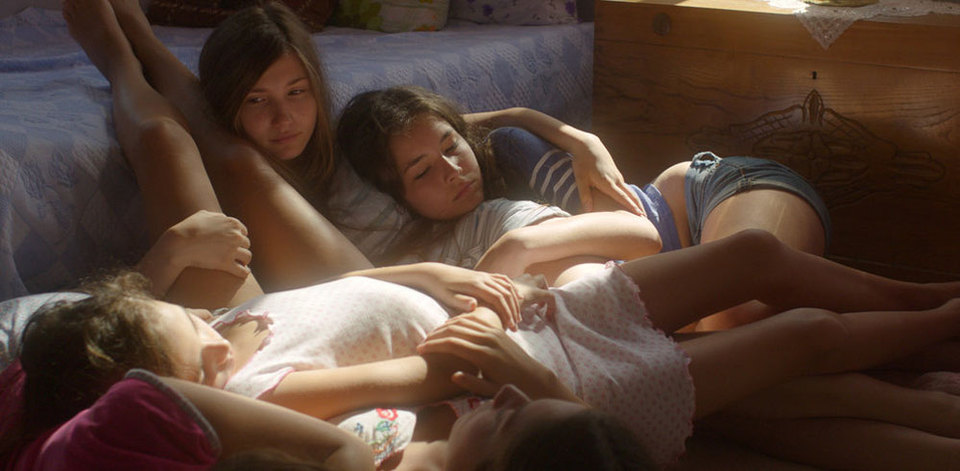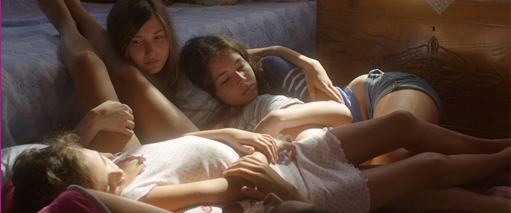Film Review: Mustang
Turkish Coming-Of-Age Drama Says The Girls Can’t Help It


Latest Article|September 3, 2020|Free
::Making Grown Men Cry Since 1992

